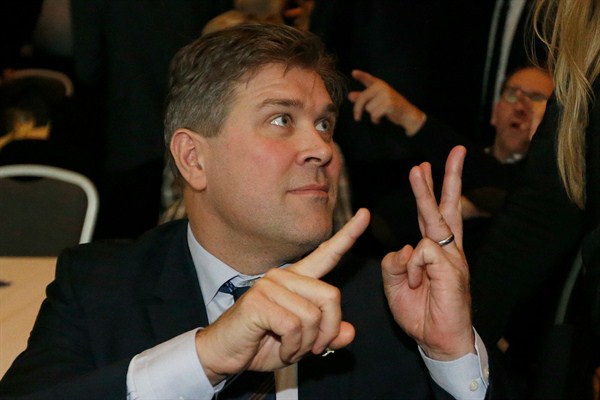Last week, Iceland’s fragile ruling government collapsed under the weight of an unraveling pedophilia scandal that came to light over the summer. Elections have been called for Oct. 28, but with Icelandic politics more fractured than ever, there is no telling if scandal-ridden Prime Minister Bjarni Benediktsson will again occupy the nation’s highest office. In an email interview, Icelandic journalist Thorgils Jonsson provides the context for the controversy and explains what it all means for Iceland’s troubled politics and resurgent economy.
WPR: Iceland’s prime minister has just called for a snap election. What led to the collapse of his ruling government?
Thorgils Jonsson: The short answer here would simply be: A breach of trust. But a bit of background is needed to put these developments in context. The governing coalition was formed last January after 10 weeks of political back-and-forth between the seven parties in the Althingi, Iceland’s national parliament. In the end, the center-right Independence Party formed a government along with two liberal centrist parties, Bright Future and the Reform Party. The uneasy coalition was helmed by Bjarni Benediktsson, the chairman of the Independence Party, which is by far the country’s largest and most influential.

